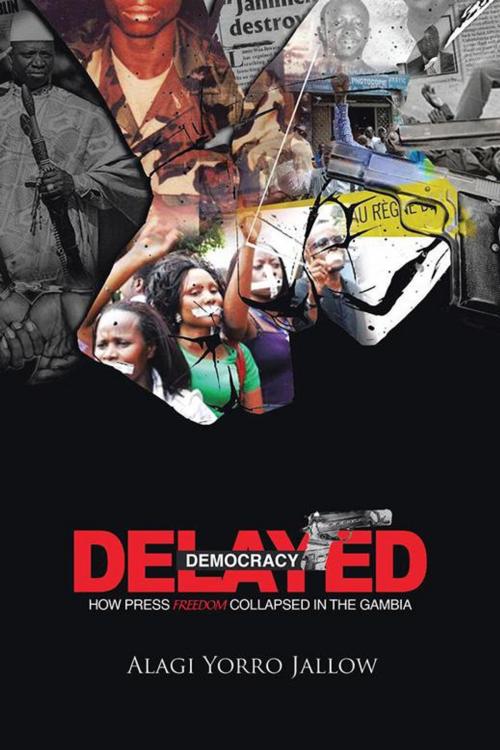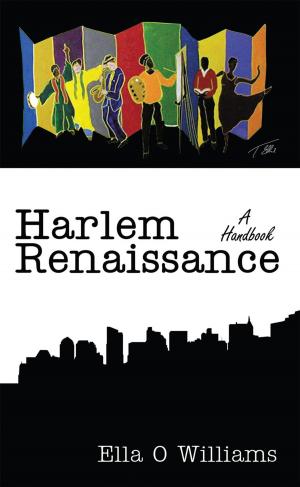Delayed Democracy:How Press Freedom Collapsed in Gambia
A Proposition for Research in the Gambian Journalism History 1965-2013
Nonfiction, Social & Cultural Studies, Social Science, History| Author: | agi Yorro Jallow | ISBN: | 9781491806616 |
| Publisher: | AuthorHouse | Publication: | October 1, 2013 |
| Imprint: | AuthorHouse | Language: | English |
| Author: | agi Yorro Jallow |
| ISBN: | 9781491806616 |
| Publisher: | AuthorHouse |
| Publication: | October 1, 2013 |
| Imprint: | AuthorHouse |
| Language: | English |
The media plays a crucial role in shaping a healthy and vibrant democracy. It is the backbone of any functioning democracy. This book evaluates the role of the news media in The Gambia, in a variety of contexts and the major constraints and challenges which prevent journalism from fulfilling these ideal roles, and the most effective policy interventions available to strengthen the contribution of the news media to both democratic governance and human development. Specifically, it investigates the relationship between the Gambian Press and the military and quasi-military regimes in The Gambia, in the context of press freedom. This book examines in great detail decrees and laws enacted by the AFPRC-APRC regimes which restricted press freedom during the period of military rule in The Gambia and also in the post-coup era. Furthermore, it identifies and analyses the institutional, legal and non-legal measures and mechanisms utilized by the AFPRC-APRC regimes in controlling the Gambian press from 1994 to date. This work also examines both direct and indirect forms of manipulation the Jammeh regime usedforms that have ranged from selective assassination, extra-constitutional decrees, and promulgation of retroactive laws, to bribery, compulsion to self-censorship, and the offer (and acceptance) of lucrative press relations jobs in the government. This work attempts to address this question: how far can autocracies strengthen popular support by silencing dissent and manipulating the news? The many ways that autocracies seek to control the media are documented. How far has the Gambian leader, with the restrictive media environment in the country, succeeded in manipulating public opinion and strengthening his support at home?
The media plays a crucial role in shaping a healthy and vibrant democracy. It is the backbone of any functioning democracy. This book evaluates the role of the news media in The Gambia, in a variety of contexts and the major constraints and challenges which prevent journalism from fulfilling these ideal roles, and the most effective policy interventions available to strengthen the contribution of the news media to both democratic governance and human development. Specifically, it investigates the relationship between the Gambian Press and the military and quasi-military regimes in The Gambia, in the context of press freedom. This book examines in great detail decrees and laws enacted by the AFPRC-APRC regimes which restricted press freedom during the period of military rule in The Gambia and also in the post-coup era. Furthermore, it identifies and analyses the institutional, legal and non-legal measures and mechanisms utilized by the AFPRC-APRC regimes in controlling the Gambian press from 1994 to date. This work also examines both direct and indirect forms of manipulation the Jammeh regime usedforms that have ranged from selective assassination, extra-constitutional decrees, and promulgation of retroactive laws, to bribery, compulsion to self-censorship, and the offer (and acceptance) of lucrative press relations jobs in the government. This work attempts to address this question: how far can autocracies strengthen popular support by silencing dissent and manipulating the news? The many ways that autocracies seek to control the media are documented. How far has the Gambian leader, with the restrictive media environment in the country, succeeded in manipulating public opinion and strengthening his support at home?















